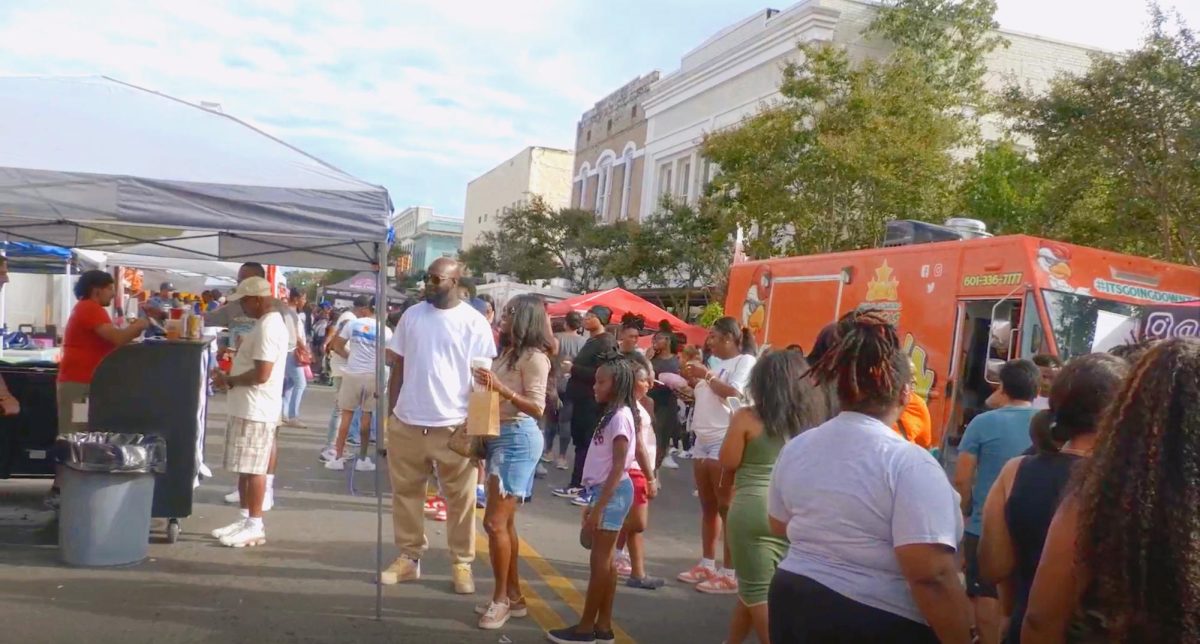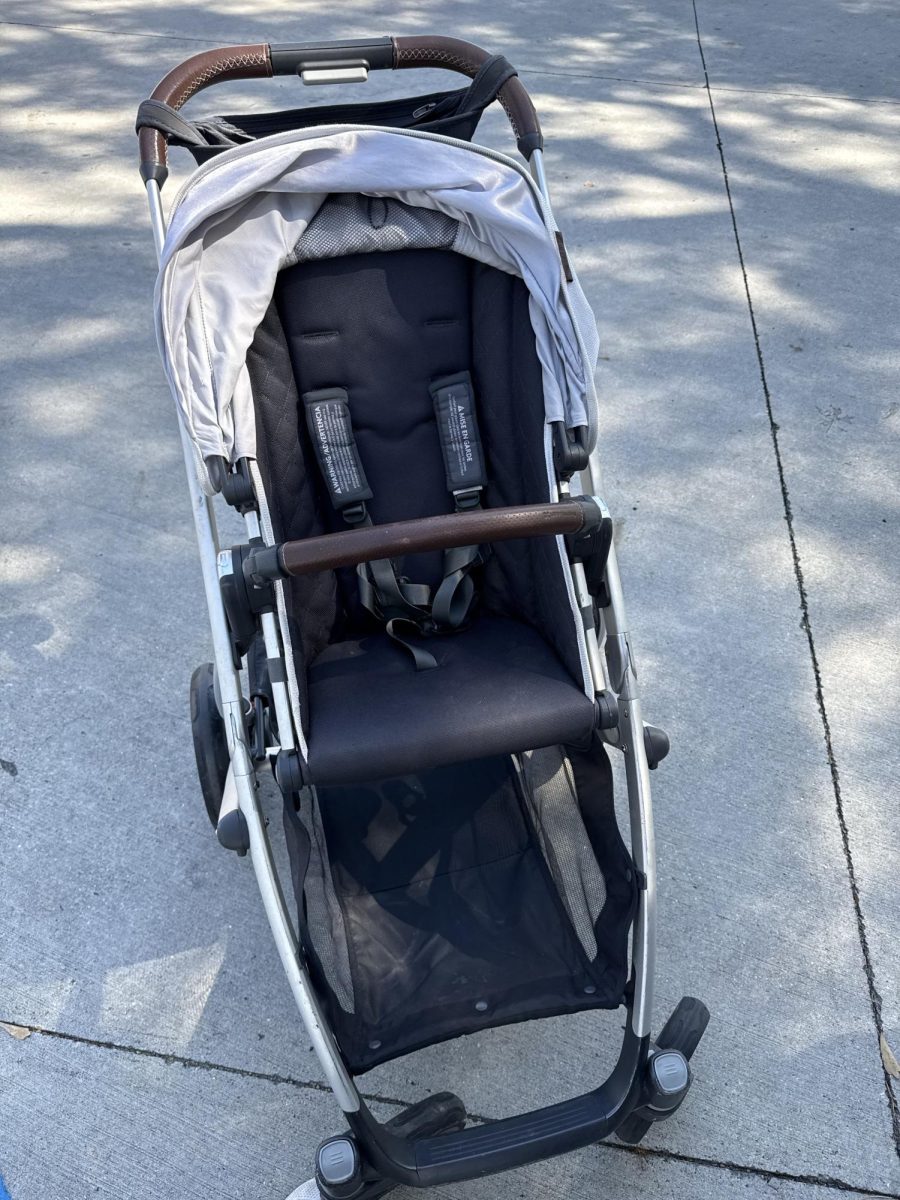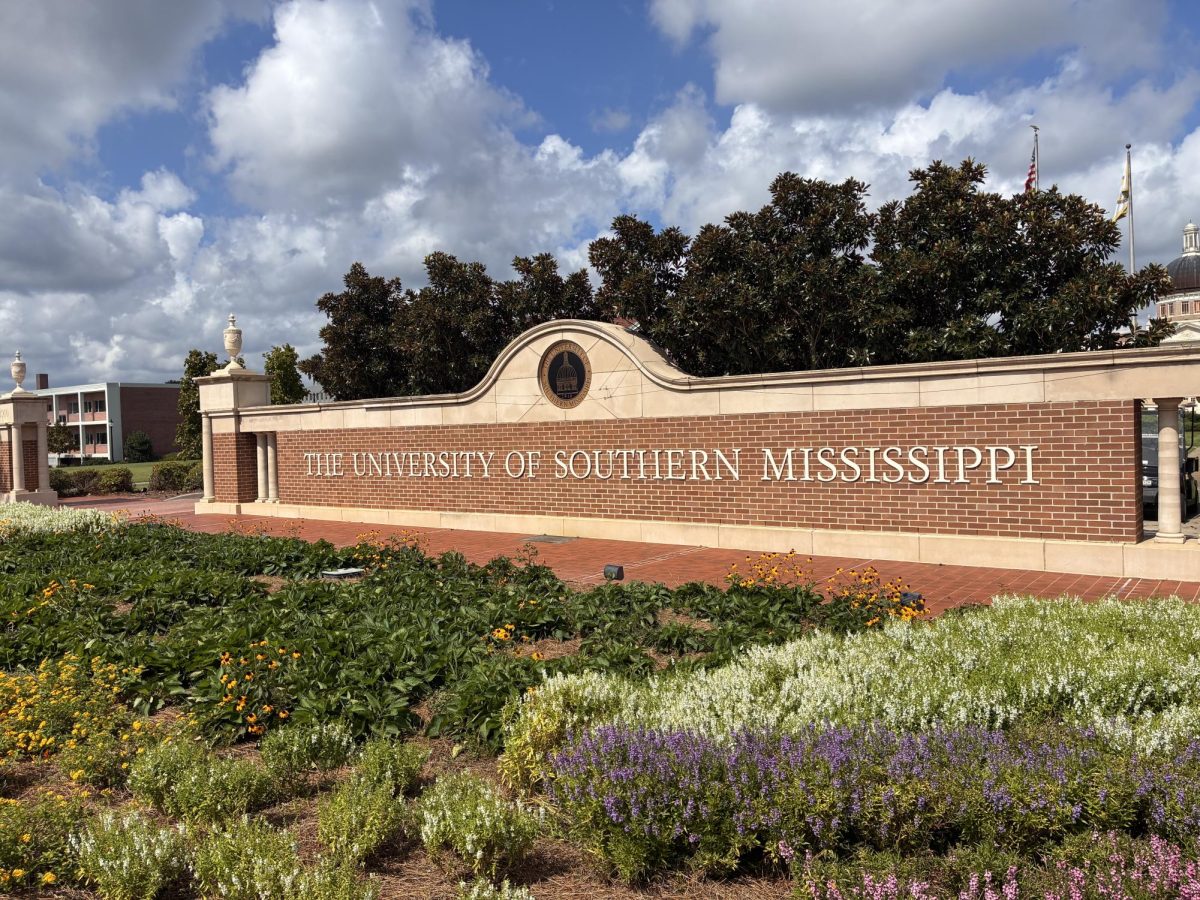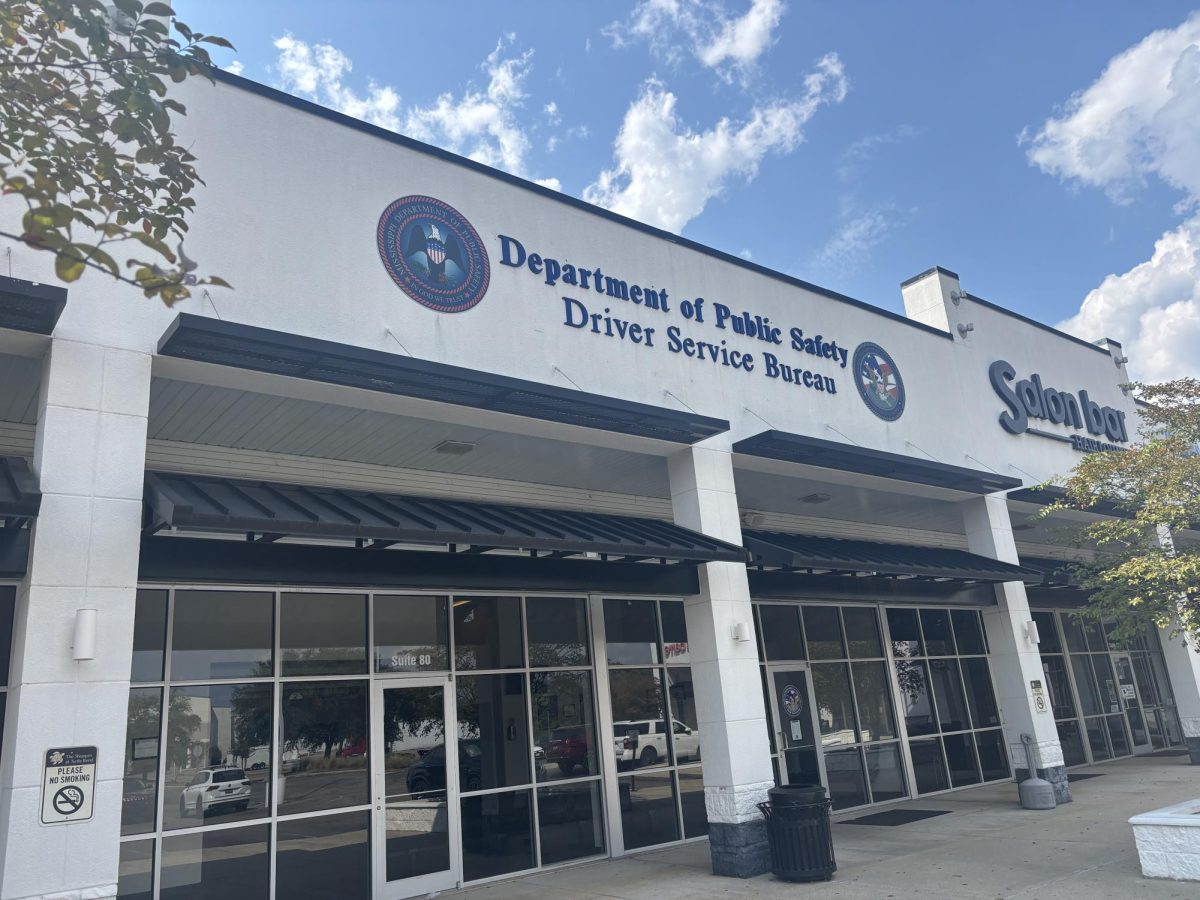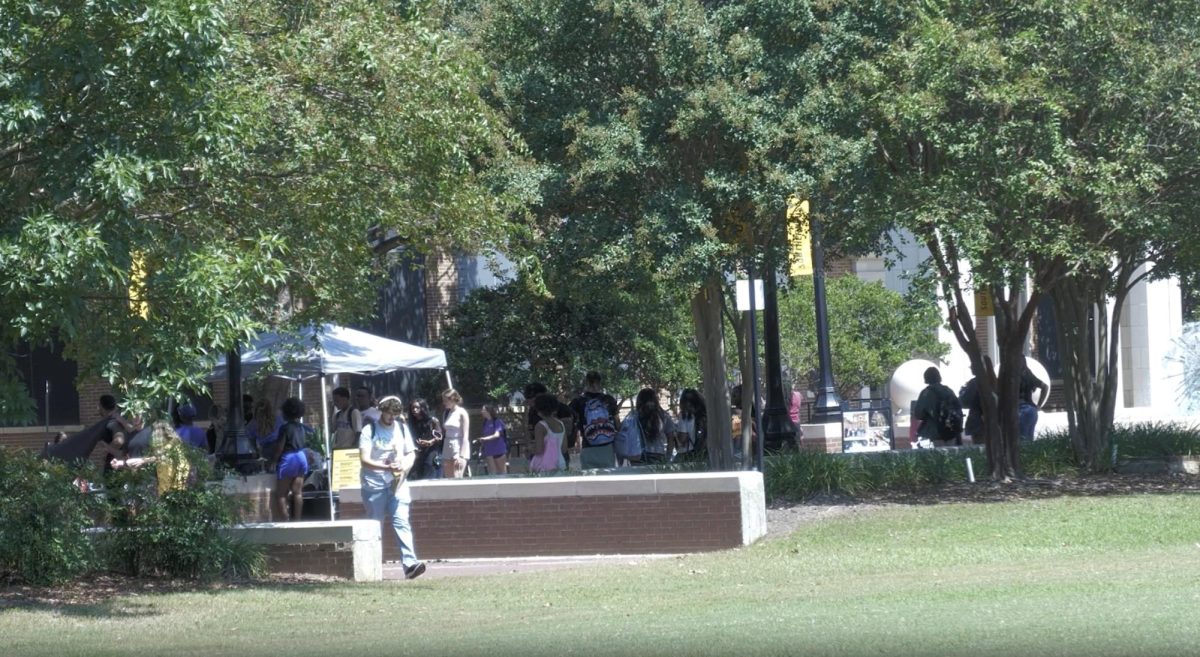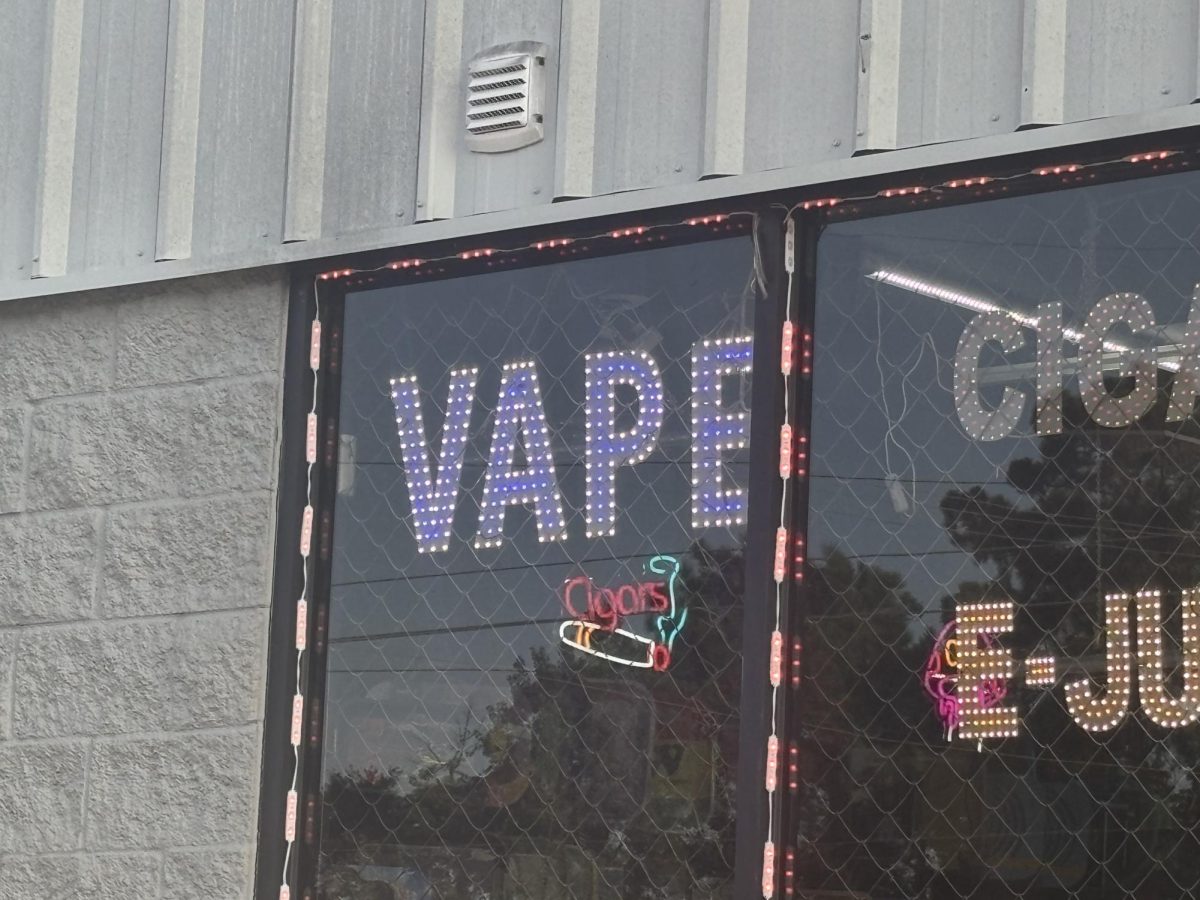As the opioid crisis continues to devastate communities across the nation, Mississippi stands out for an unfortunate reason: it remains years behind other states in using its opioid settlement funds to combat addiction. Despite receiving millions of dollars intended to address the epidemic, very little has been spent on prevention, treatment or recovery.
A September 2025 Mississippi Today investigation found that while local governments across the state have received more than $15.5 million from national opioid settlements, less than $1 million has gone toward addiction-related strategies. Much of the rest has been spent on unrelated government expenses as a result of the state’s decision not to require local governments to use the funds for opioid abatement. Local leaders have had almost total discretion over how to use the money, and many have chosen to funnel it into general government projects rather than addiction response.
The consequences of these choices have been severe. Since Mississippi received its first payment in September 2022, the state has recorded more than 1,300 drug-related deaths. For families and communities already scarred by addiction, the delay in using the funds as intended represents not just a bureaucratic failure but a moral one.
While much of Mississippi has stumbled in addressing the crisis, Hattiesburg has emerged as a model of what responsible and transparent spending can look like. In mid-2025, Mayor Toby Barker formed the Hattiesburg Opioid Settlement Advisory Group to determine how to invest the city’s $54,000 share of settlement funds.
The advisory group, led by local recovery advocate James Moore, includes people with lived experience of addiction, academic experts and representatives from recovery and sober-living facilities. Together, they have identified key priorities for the city’s investment, including education programs in schools, greater access to naloxone (Narcan) to reverse overdoses, and reducing barriers to recovery such as transportation and documentation issues.
Moore, who also serves on the state-level committee overseeing grant recommendations for the broader $370 million Mississippi opioid settlement, emphasized the importance of using the funds as intended.
“It’s encouraged that cities and counties use it for opioid abatement, drug education, overdose prevention, sober living, or sending people to treatment who can’t afford it,” Moore said. “But, unfortunately, the law does not require them to do that. They can fix potholes with it if they wish.”
Recognizing this gap, Moore personally reached out to Hattiesburg officials to advocate for ethical spending.
“When I learned about that, I contacted our local city and county and asked that they pledge to use this money only as it’s intended, which is to reduce the suffering and death from opioid addiction,” Moore said. “The mayor of Hattiesburg is on board. He asked me to form a small group to give them guidance, which I’ve done, and we’ve presented seven or eight key strategies for spending the money wisely.”
For Moore, the opioid crisis is deeply personal. His son died in 2015 from an overdose.
“There is no demographic that addiction attracts,” he said. “It’s an equal opportunity destroyer. Anyone who knows where this money came from and the price that was paid by our loved ones would never think of doing anything other than using it to prevent more losses.”
Hattiesburg’s community-based approach stands in stark contrast to the rest of Mississippi, where few local governments have sought public input or created advisory boards. According to Mississippi Today, Hattiesburg was the only municipality in the state to invite residents to participate in the decision-making process.
Local students and residents have taken notice. Adrian Penn, a University of Southern Mississippi student, said the city’s efforts could make a real difference.
“I feel like that’s very appreciative for all students,” Penn said. “Everybody should look out for it, and if anyone has an opioid addiction or anything like that, they should go seek the resources.”
Southern Miss provides overdose emergency kits throughout its dormitories, and the Moffitt Health Center offers Narcan to prevent overdoses.

























